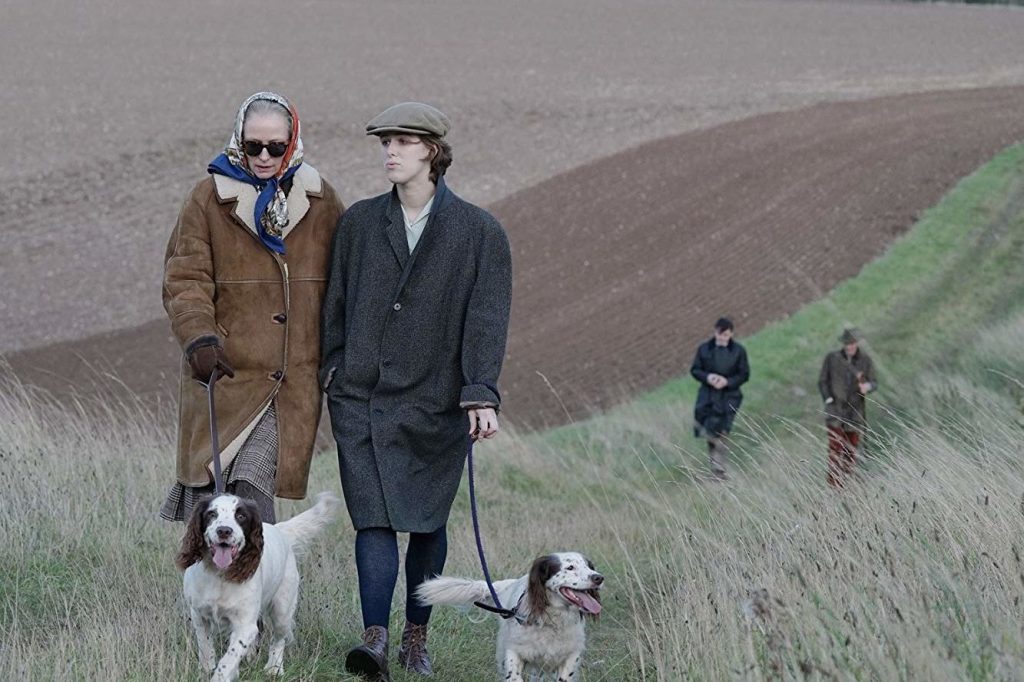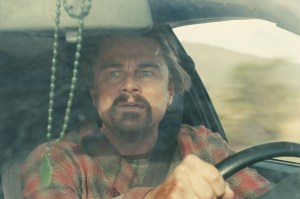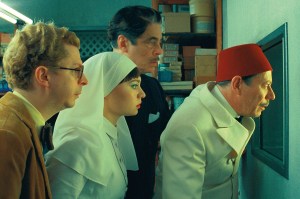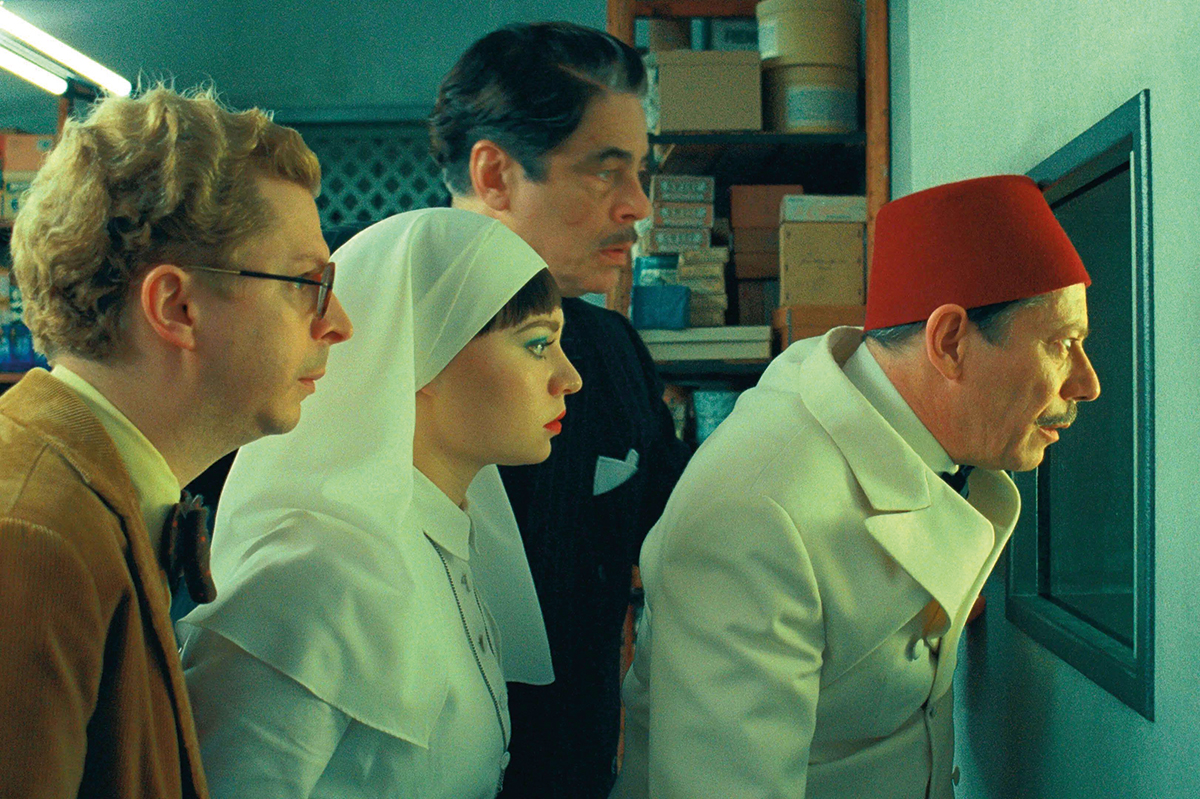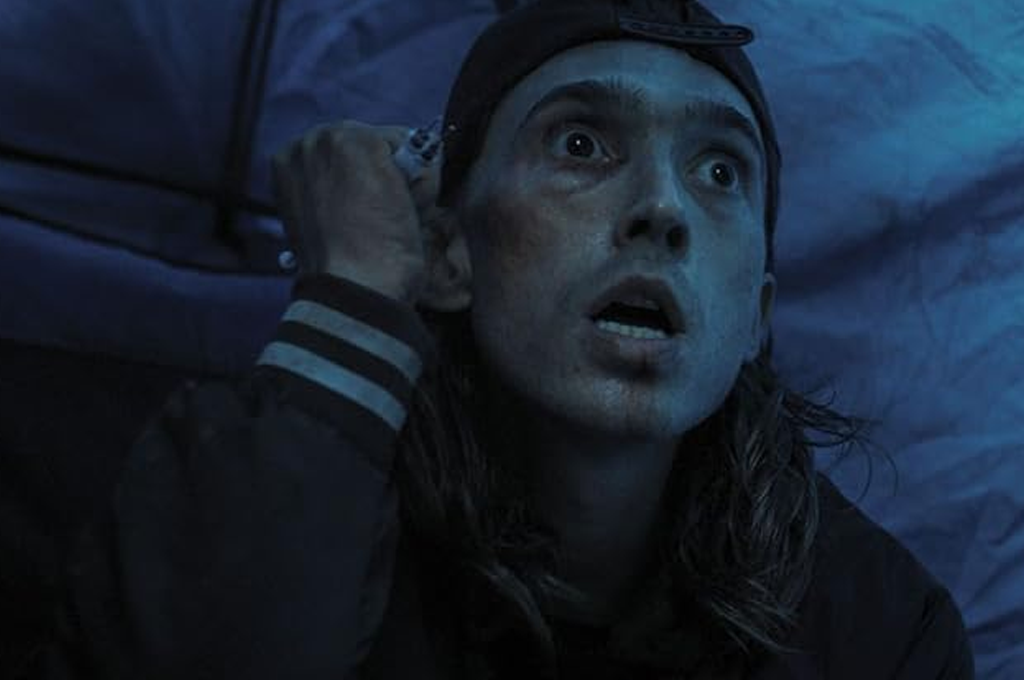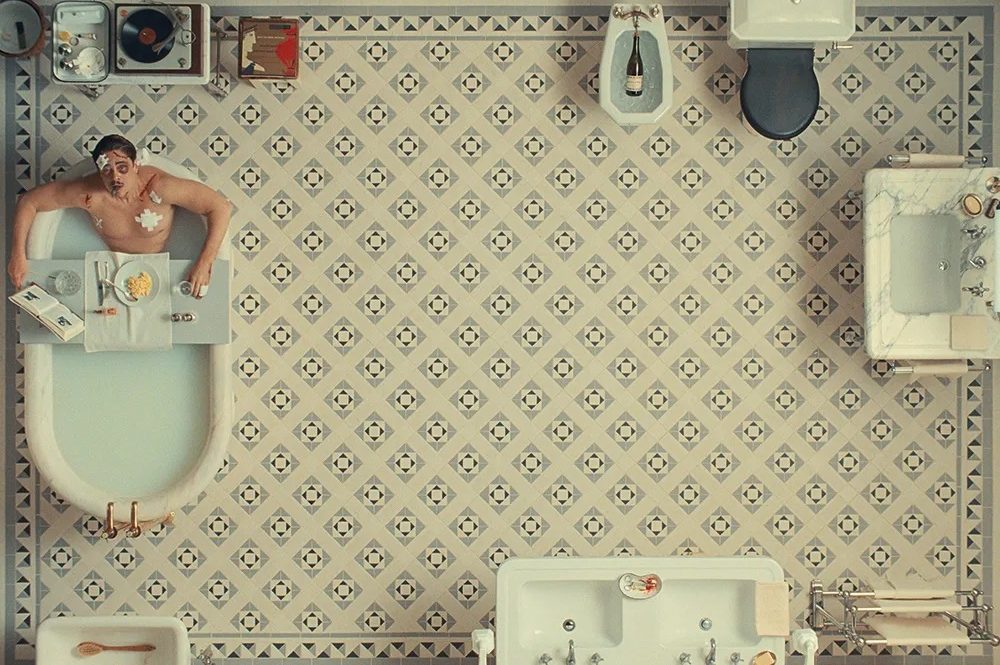Rory Stewart, who is awfully polite about wanting to be Britain’s next prime minister, has apologized for smoking opium while walking in Afghanistan. It was politeness that got him into trouble in the first place. Stewart says he felt it would have been rude not to take a deep drag on the pipe when it was passed around at the wedding he had wandered into, as one does when one is walking in Afghanistan. What happens in Herat stays in Herat, except of course, if one of your qualifications for the top job is your stint as Prisons Minister. Not a good look, as the Pashtun say.
Jeremy Hunt, another ministerial candidate to replace Theresa May, has confessed to drinking mind-altering yoghurt when traveling in Asia. ‘I think I had a cannabis lassi when I went backpacking through India,’ Hunt admitted last week, his uncertain recall suggesting the Swiss-cheese memory of the drug fiend. This is not the first time Hunt’s memory has failed him. Visiting China last year, Hunt referred to his wife, who was Chinese when he married her, as Japanese.
The moral of these immoral tales is that you can get away with a lot in Britain if you have the right accent and manners. The Souvenir, directed by Joanna Hogg, is a coming-of-age romance about class and heroin, set in London in the early Eighties, when Britain was awash in smack and class war. Autres temps, autres moeurs, as Rory Stewart may have reflected when he stumbled out of the wedding and Jeremy Hunt may have slurred as the lassi ran down his chin: different times, different manners.
Julie (Honor Swinton Burne) is a posh film student, so stricken with class guilt that she wants to make a film about the dying docks in the northern city of Sunderland. Anthony (Tom Burke) is an older and apparently even posher chap who works at the Foreign Office, drinks and smokes a lot, and never has any cash about his pinstriped, bow-tied person. We discover that he is a fraud when he takes her home to his parents, who aren’t posh at all, but Julie is so naive and guilty that she misses the signs until it is too late — the abscesses on his arm, his lack of interest in sex, his Rory Stewart-style photos from Afghanistan, his transparent inner deadness.
William Burroughs, also partial to the occasional opium pipe and cannabis lassi, said that ‘the heroin addict is mainly interested in staring at his own big toe’. In which case, top marks to Tom Burke, who has the face of a languid and lascivious satyr and who, for an actor playing a man perpetually on the verge of nodding out, brings a sickly nervous energy to his portrayal of Anthony. Burke and Swinton Burne are aided here by some dreamy cinematography, blurred and disordered in the way of memories, and by an atmosphere of refined decadence. Anthony persuades Julie to borrow money from her mother, played by Swinton Burne’s real mother, Tilda Swinton, then blows the lot on trips to Venice, Fifties-style dresses and Champagne.
Poshness is the grift that keeps giving. The romance of Charles Ryder and doomed Sebastian Flyte wouldn’t be quite as fascinating if it had been conducted on a council estate, instead of a country estate. The beautiful surroundings and balmy memories of Brideshead Revisited tend to obscure the sorry fact that Charles is Sebastian’s enabler, just as Julie is to Anthony. The same could be said about The Go-Between, where the past is a different country, distant enough for us to enjoy the pipe dream of paradise recovered, even as Hartley admits his part in a moral disaster. The Souvenir takes its title from Fragonard’s painting of that name, in which a pre-revolutionary aristocrat carves her lover’s initials into a tree.
Joanna Hogg, The Souvenir’s director, has a background in pop videos and soap operas. Not quite as bad as dealing in heroin, though not much less unscrupulous and soporific. She made The Souvenir with a plot but no script. This seems a bit cheap, as it obliges the actors to do the work of the script writer. At times in The Souvenir, the actors don’t even handle the acting very well, especially when they’re non-actors pretending to be acting the part of real people, or at least students. At other times, the actors ramble on about film theory, which is the cinematic equivalent of looking at someone else’s big toe.
Tilda Swinton says that ‘the person that plays Honor’s father is a farmer who also had no idea what was going on’. Why should this be a point of pride? Actors are better at pretending than farmers, just as farmers are better at milking pigs than actors. There are also moments when the improvisation misses the mark. When Anthony goes strenuously cold turkey in Julie’s living room, he seems to have forgotten that an expensive and highly sellable print from Whistler’s second Venice Set is on the wall. Or is it that the drugs have affected his memory?
Dominic Green is Life & Arts Editor of Spectator USA.



